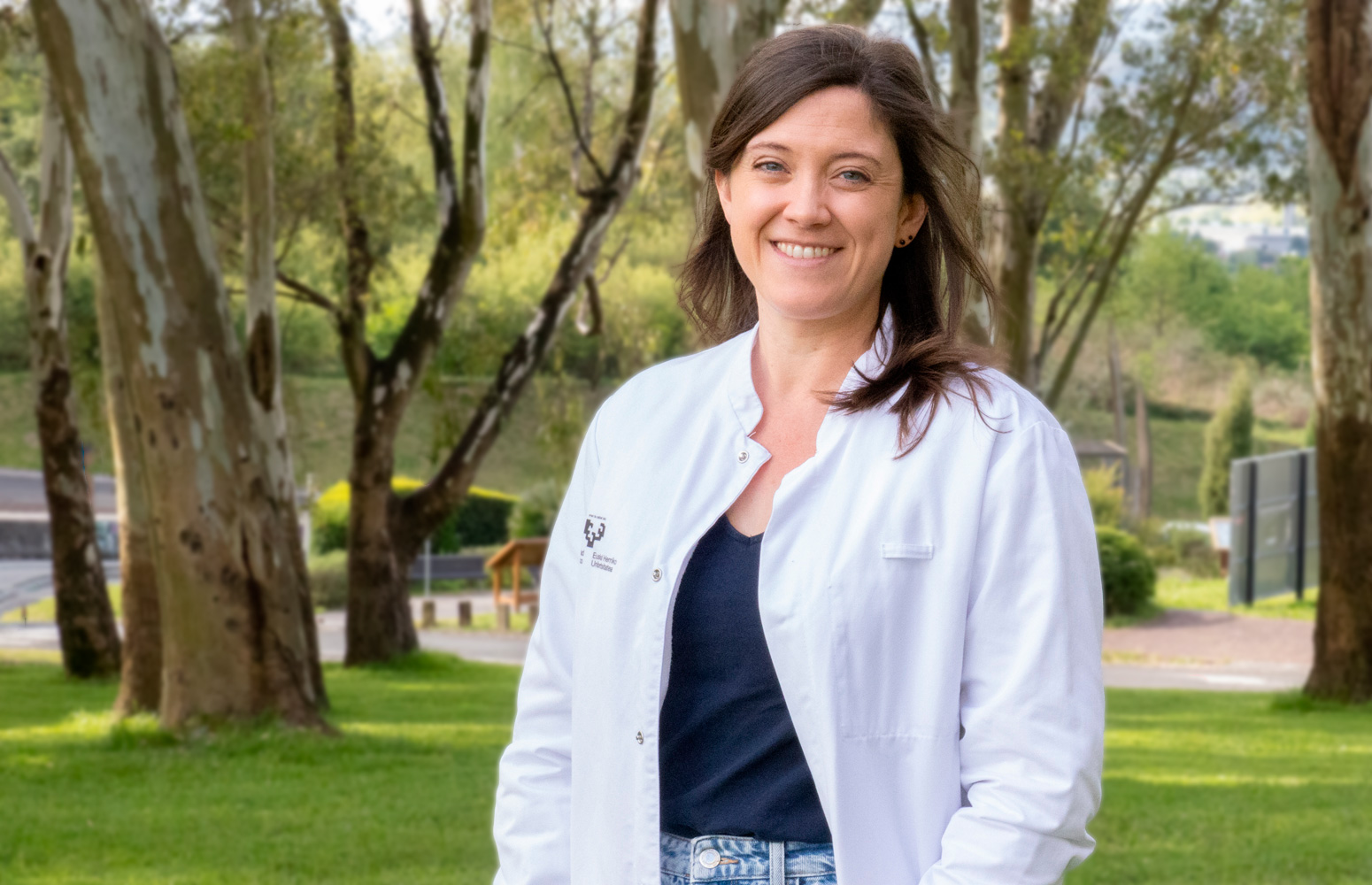Ocean i3: the project that has stayed afloat despite Covid-19 storm
- News
First publication date: 03/07/2020
Ocean i3 closed the 19/20 edition with a virtual workshop to which over 50 people were connected. The workshop kicked off with an institutional opening by Fernando Tapia, vice Chancellor for Scientific Development and Transfer at UPV/EHU, Joanne Pagèze, vice-President for Internationalisation at UB and Idoia Fernández, vice Chancellor for Innovation, Social Commitment and Cultural Action at UPV/EHU. They sent the following powerful messages to the entire community: “Geographical and disciplinary borders have been crossed and a new, enriching professor-student dialogue has been developed. An extremely fruitful University-Territory dialogue has emerged and the inter-cultural dimension has been strong and well handled”. Furthermore, Ocean i3 was highlighted as an “innovative and cross-border project that must be shared with the rest of the partners".
Looking ahead to the future, it is expected that the Ocean i3 community will be wider with the participation of more teaching staff, students and socio-economic actors.
Finally, the Ocean i3 student body was invited to participate in the 3rd Students’ Congress organised by UPV/EHU to contribute to the EHUAgenda 2030 and to the SDGs through their end-of-degree projects.
It is worth highlighting the multi-lingual approach from the very start of the meeting, in which Fernando Tapia opened the workshop with a speech in Basque and Spanish, followed by Idoia Fernández, who spoke in the three local languages (Basque, Spanish and French), and continued by Joanne Pagèze, who participated in French. In parallel, a babel circuit was spontaneously generated in the chat that was set up in alternative languages to those used orally in order to facilitate understanding to all of the listeners. Hence, the community implemented the recommendations put forward by the project leader, Julieta Barrenechea, at the start of the on-line workshop to foster multi-lingual communication.
The student body started the workshop with presentations of the final results of the papers related to the challenges of the blue economy, whereby these challenges were proposed by the socio-economic actors from the region, who gathered together again for the event. Afterwards, work was carried out in small groups in accordance with the challenges faced in the 19/20 edition in parallel rooms but based on a common format: interactive wall on which each participant will continue to work in order to map out the topics for the 2020-2021 academic year. Their participation was also multi-lingual with a majority presence of the three local languages in their presentations and just one participant opted to use English as the lingua franca.
In spite of a small technical incident, the groups were able to contribute their ideas to the wall, ending up with a final poster with new insights and proposals for future editions.
After the teamwork, the rest of the projects were presented, including those related to challenges and those that have been working transversally to them, such as those related to multi-lingualism and communication, to move on to the summary of the results by Sophie Herrera and Itziar Rekalde.
In the words of Itziar Rekalde, “with these odds, we have had to resolve the problems that have arisen and we have come across people who are more sensitive, cooperative, understanding and supportive for the successful culmination of this cross-border project hit by the global pandemic".
Finally, to wrap up the workshop, a video made by the Ocean i3 trainees - “Ocean from the inside” - was screened, who, having interviewed the student body, managed to capture a global image of the participants’ vision of Ocean i3. .
For the start of the new academic year, an edition will be opened with new multidisciplinary groups of students and teaching staff created to address the stipulated problem areas, along with stakeholders from the territory. Whether in confinement [LI2] or not, the Ocean i3 university community is ready to overcome new challenges and make emulations in a real cross-border laboratory.


